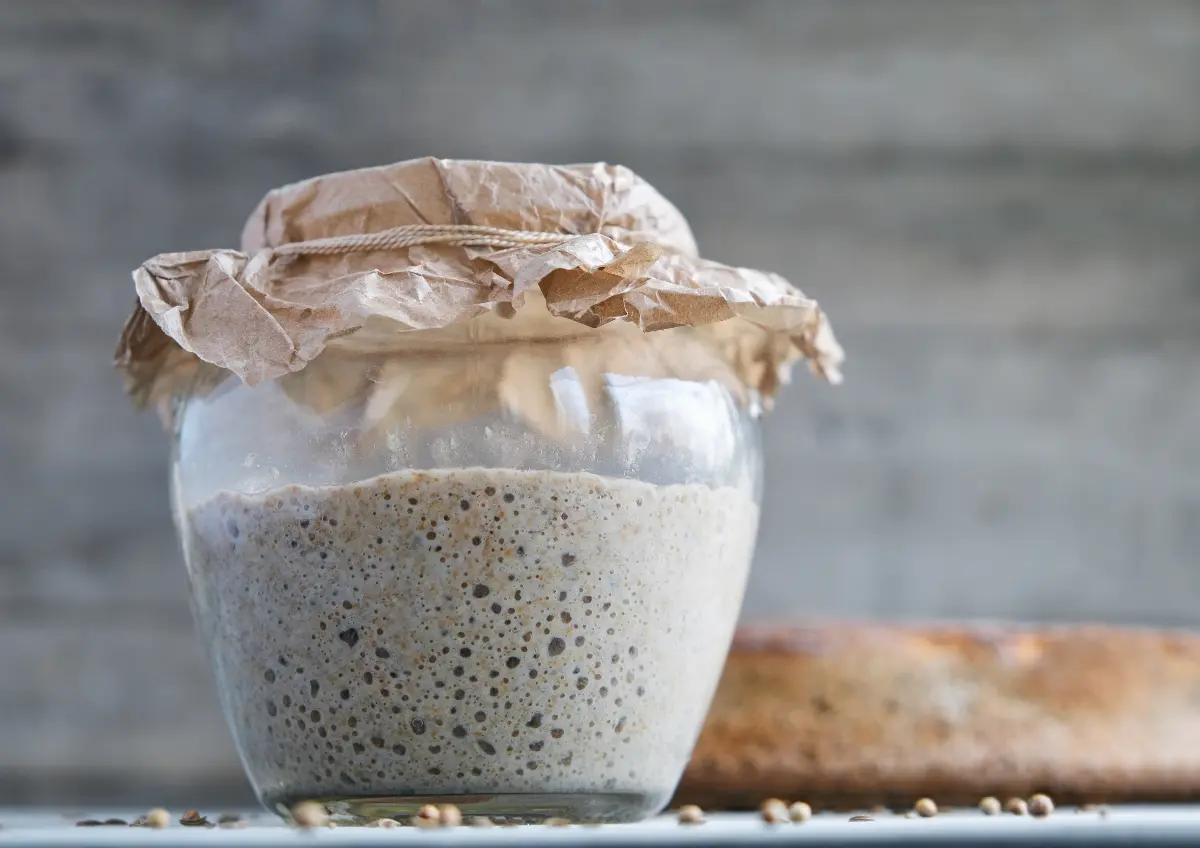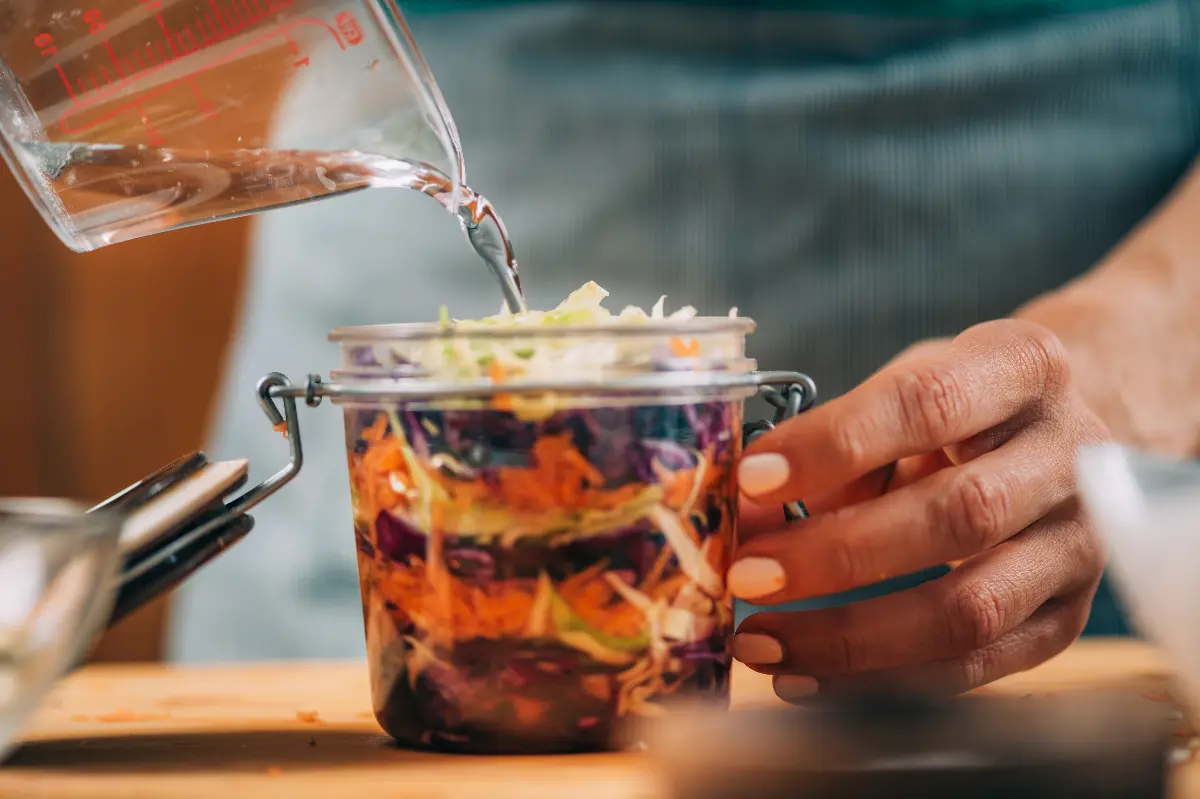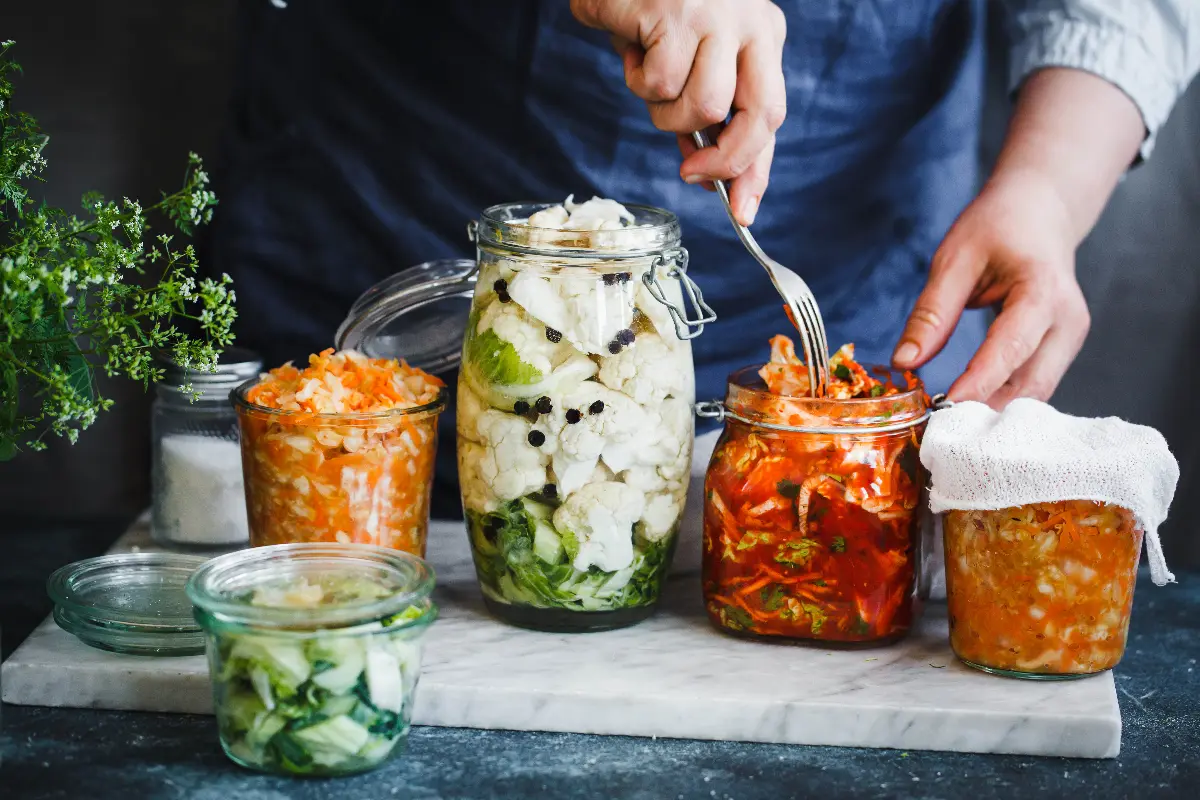
Helyszín címkék:
This is How the Superfood of the Last Century Steals Back into our Hearts and onto our Pantry Shelves
Szabó Sára
As movements related to a healthy lifestyle, a desire for healing from various diseases of civilisation, and return to nature are increasingly gaining ground, the ancient technology of fermentation became a hit again in the past few decades. This trend is noticeable from America to Australia and Western Europe. In Hungary, it was mainly the interest of health-conscious audience to pull the strings, and later on, following foreign samples, the technique has become increasingly popular among chefs. However, fermented foods are not like pickles that we can buy at the shops. “In terms of their physiological effect there is a huge difference between pickles and fermented food: beneficial lactic acid bacteria don’t multiply in pickles preserved by vinegar, unlike in their lacto-fermented companions (such as fermented cucumbers or sauerkraut in barrels). Due to their acidic flavour, vinegar and lactic pickles similarly support our digestion, however fermented vegetables are also probiotic, and their nutrient content is much more useable to us,” says Ágnes Király, author of FerMentor Blog and Workshop.
It is no exaggeration to say that ferments are superfood, as they have a lot of beneficial effects
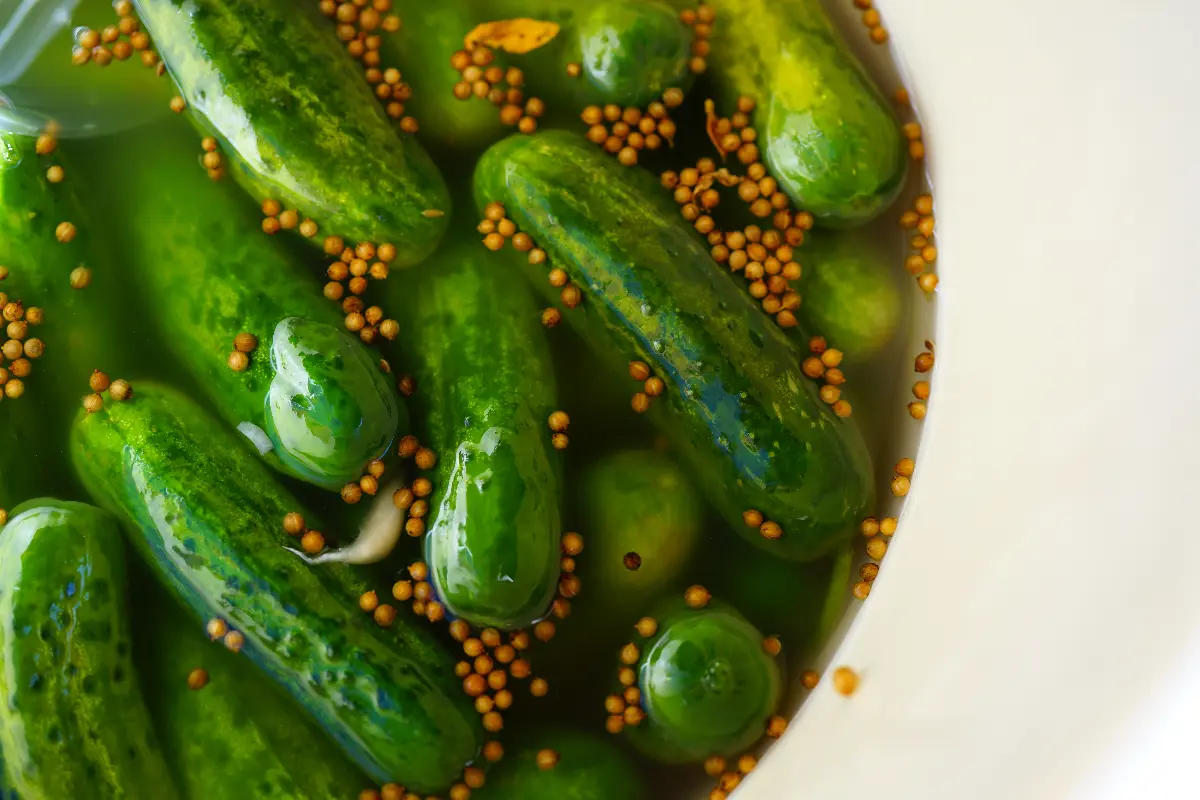
Microorganisms multiplying in various types of fermented foods (lactic acid bacteria, yeasts, acetic acid bacteria) by means of their enzymes pre-digest the raw materials, neutralise the great part of toxins and antinutrients in them, render available hard-to-access vitamins and minerals, and make compounds that stimulate and strengthen the immune system or have a beneficial effect on our mood. Fermented foods take off a great burden from the human digestive system, they reduce inflammatory processes, and support detoxification. They have a positive effect on the composition of gut flora, this way they contribute to our physical and mental balance. “The best thing would be to always have some fermented food on our plates. From a physiological point of view lactic fermented vegetables are the most favourable, but cereals and legumes rendered more digestible by fermentation (such as sourdough bakery products), or dairy products made with traditional fermentation (live fermented yogurt, kefir, long-ripened cheese) or their plant alternatives can easily be incorporated into our diet,” suggests the uncrowned queen of fermentation in Hungary.
Anything can be fermented from banana cabbage to leftovers of baking!
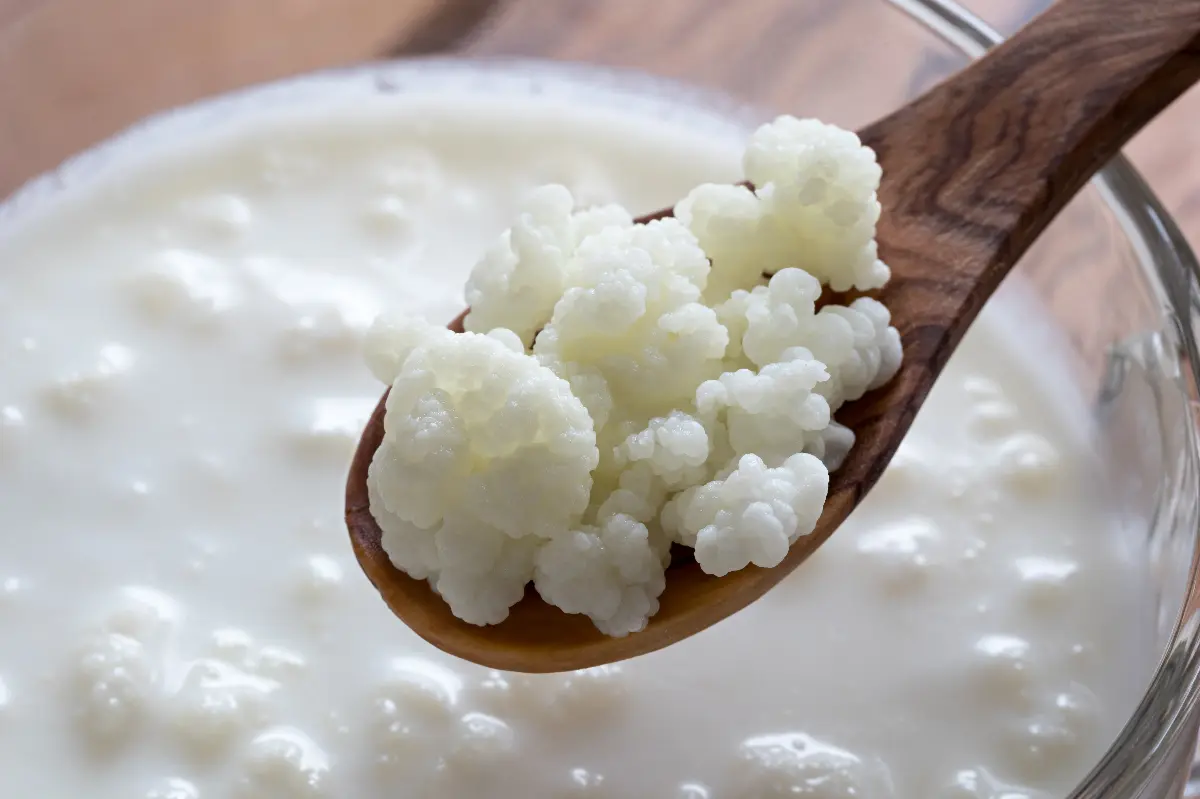
According to Ágnes Király anything, but really anything can be fermented, according to our habit and taste. The most simple is to start with something related to which we have a reference point: ferment cucumber or cabbage, but if we like baking, let’s try leavening. After the initial sense of success we can try any of the seasonal vegetables, or any kind of cooked legumes. “One of my favourite recipes is banana sauerkraut. Hearing this name might shock many people, but whoever tried or tasted it once, became a fan of it,” says Ágnes, and she adds that this genre is perfectly simple; while cooking, we can easily make a glass of pickles from leftover vegetables whenever we want. The main point is to stay open and curious, and regard the process as an exciting experiment or game. If we decide to start experimenting, there are numerous self-help groups on the internet, but the most populous one is the Facebook community Fermenting - tips, tricks and recipes, where we get the answers to all our questions for sure.
